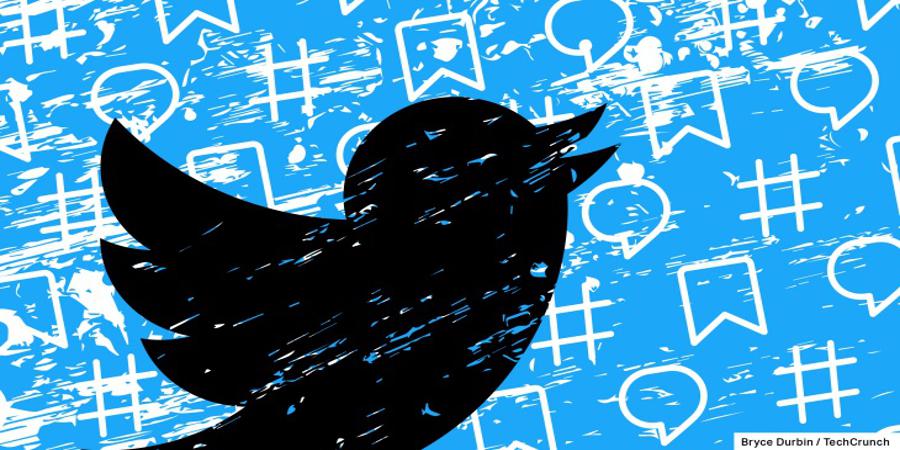Twitter is ramping up its efforts to filter sensitive content to prevent users under 18 from viewing inappropriate material by asking users to verify their birthdates. The company said it’s slowly rolling out a feature to restrict sensitive tweets unless users have a birthdate attached to their accounts and they’re over 18.
Over the past few days, many users noted that Twitter is asking them to input their birthdates to see the contents of specific tweets.
Twitter confirmed that it’s rolling out this feature as a part of its user safety efforts.
“We’re constantly iterating on our work to give people more choice and control over their experience, as well as to make Twitter safer for everyone. We’re slowly rolling out a feature to aid in restricting certain sensitive content from people who are under 18 years old or have not submitted their date of birth,” a company spokesperson told TechCrunch.
Twitter did not clarify if this feature is rolling out globally. Plus, users have raised questions about the company’s privacy practices, as the prompt to enter the birthdate to access sensitive content says the data might be used for targeted ads. We have asked Twitter to provide more details, and we’ll update the story with Twitter’s responses, if provided.
That’s been age restricted and I suppose I’ll have to make up a fake dob. No way am I giving Twitter my real one. pic.twitter.com/g2x4YUWfrJ
— Leigh. (@leigh_fitzin) October 7, 2022
While Twitter prohibits users under 13 on the platform, many lie about their age to join the platform. So asking users to self-verify their age is a low bar for a content-filtering feature. A recent report published by U.K. communications regulator Ofcom suggested that a third of children lie about their age to appear 18 and above on their social media profiles.
Twitter’s sensitive content policy includes wide-ranging categories including adult content, graphic violence, gratuitous gore and hateful imagery. While the company doesn’t really ban adult content, it asks people posting such content to mark that content as sensitive and change the account settings to reflect sensitive content posting. Twitter also doesn’t allow users to post adult content — which doesn’t breach its rules — on the header image, on the profile picture or through live videos.
The company says it has a strict policy against non-consensual nudity that allows anyone to report tweets containing media that violates these rules.
The social network says that it continuously fights against child sexual abuse material (CSAM) with technology, tools and policy. It added it immediately and permanently bans accounts in violation of this policy. It also reports them to the National Center for Missing & Exploited Children (NCMEC).
Twitter’s step to restrict certain content from under-18 users comes after a report from The Verge emerged in August noting that the company had failed to detect child sexual abuse material (CSAM) and non-consensual nudity at scale. The report said that Twitter wanted to monetize adult content by creating an OnlyFans competitor, but its failure to detect the above-mentioned prohibited material led to that project’s shutdown.
With this announcement, the social network may be taking a preemptive step to get into the good books of lawmakers across the world. The U.K.’s upcoming Online Safety Bill aims to create a safer internet by making adult content inaccessible to children. California is also pushing ahead with a similar law called California Age-Appropriate Design Code Act that aims to set strict guidelines and restrictions for under-18 users around accessing content on the internet. Given the gravitas of these laws, Twitter’s simple self-check for age to access sensitive content might not be enough.
Source @TechCrunch



